Education – A Global Issue
Today, education remains an inaccessible right for millions of people. Lack of access to this essential right is preventing many children from discovering their potential and is therefore holding many factors in society back. Education provides a platform for a better future, as it increases positive externalities regarding both society and the economy of a country. It doesn’t just ensure that people know about economics, history, or math, but enables people to grow and learn necessary lessons of life. Education builds human capital.
In 2018, the World Bank-IMF launched a Human Capital Index, indicating that 56 percent of children across the world lose more than half of their potential earnings. This is due to governments not making effective investments that would ensure healthy, educated, and resilient citizens. Greater human capital is a central driver of sustainable growth and development. Practice Manager for Education at the World Bank, Harry Anthony, states: “Research shows that every year of schooling raises earnings by 8 percent, which proves how critical investments in human capital are for productivity and future economic growth”.
Education is a merit good that is both under provided and under-consumed. In 2018, about 260 million children, which accounts for one-fifth of the global population of that specific age group were not receiving education. Moreover, children who have access to schools around the world, still face numerous difficulties that limit their possibility to learn; more than half of all children and adolescents in the world in 2018 did not meet the minimum proficiency standards for reading and writing. The United Nations’ sustainable development goal four, addresses this issue, recognising that increased availability of
high-quality education is essential for future developments, provided it improves the overall quality of life. Education motivates individual growth and encourages students to take action as citizens and as part of a community, promoting stronger political participation, social stability, and overall development towards a more sustainable future.
Major progress has been made towards increasing access to education. The United Nations International Children’s Emergency Fund (UNICEF), has increasingly promoted accessible education, especially towards children who are excluded on the basis of gender, disability, poverty, ethnicity, language, and those affected by emergencies around the world. In 2102, collaborating with the United Nations Educational, Scientific and Cultural Organisation (UNESCO), UNICEF launched the Out-of-School Children Initiative, which aims to reduce the global number of children not attending school, and was joined by over ninety countries. The initiative identifies the possible barriers to accessing education and proposes policies and interventions that prevent these barriers from affecting children’s education levels.
Overall, education is a current global issue that should be solved through effective government intervention, such as investments in better human capital, and safer infrastructure. I believe that educational systems should combine traditional learning content with important life skills, such as teamwork, critical thinking, and leadership, along with exposing students to market opportunities and entrepreneurial opportunities. This will allow education to ensure positive externalities regarding the social and economic wellbeing of communities.




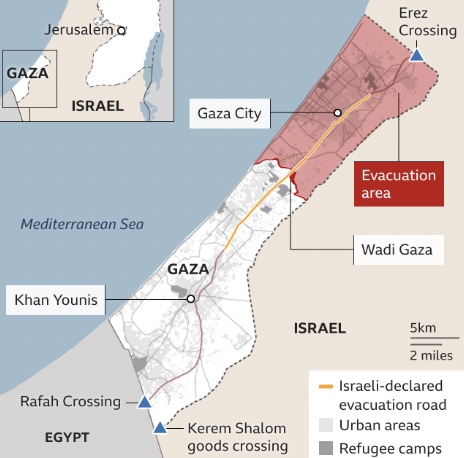
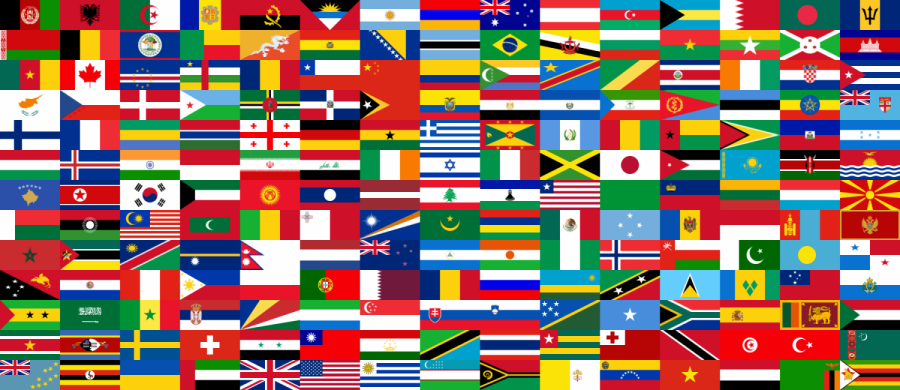














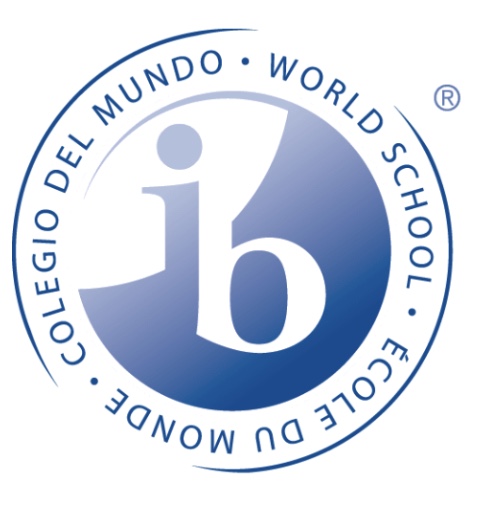
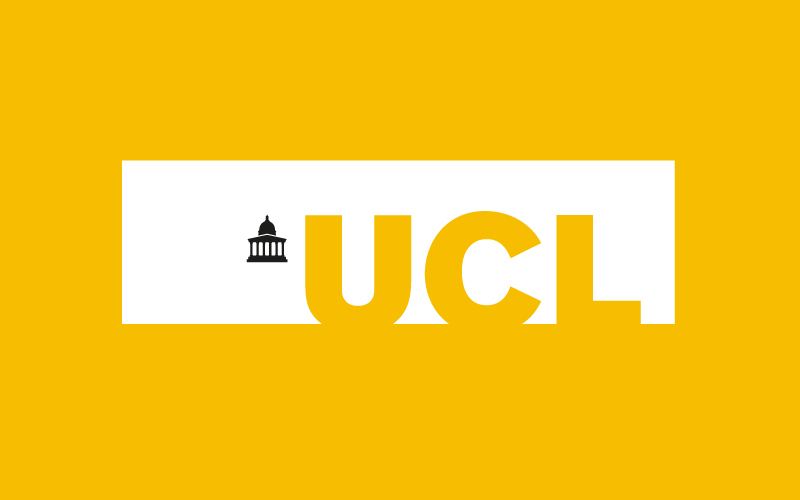



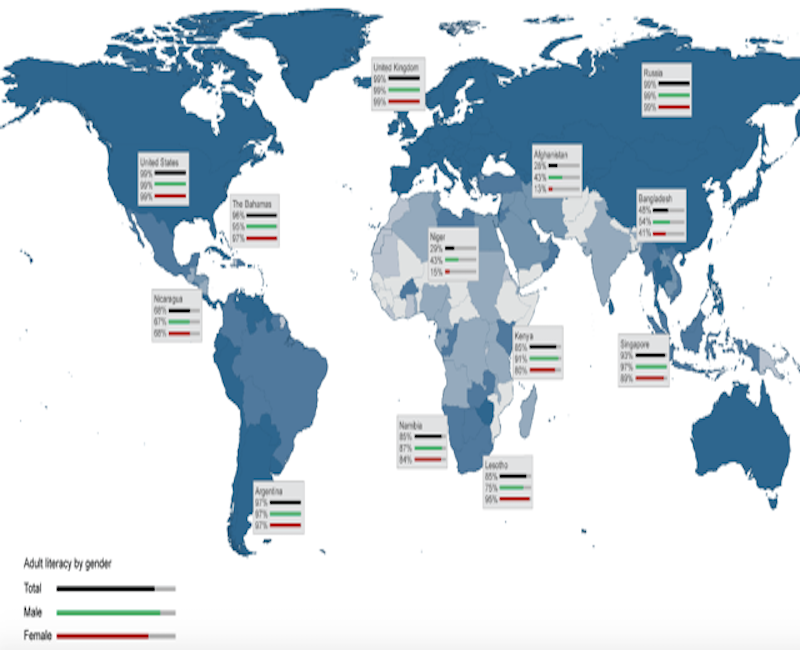



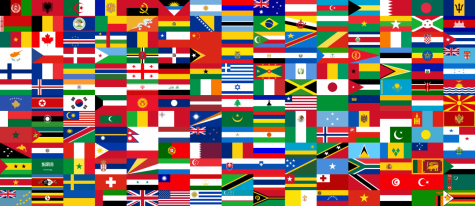










Hatty Rafferty — Mar 14, 2021 at 10:39 AM
Well said! Education is the most powerful tool we have to change everything- perhaps most importantly to offer equality of opportunity and address the huge disparities in the human race . Sadly the pandemic has reversed many of our previous achievements and the poor have become poorer, and women and girls even more suppressed.
I live in hope that those who have had access to education will help others to have not. Collaboration will always be better than individualism.